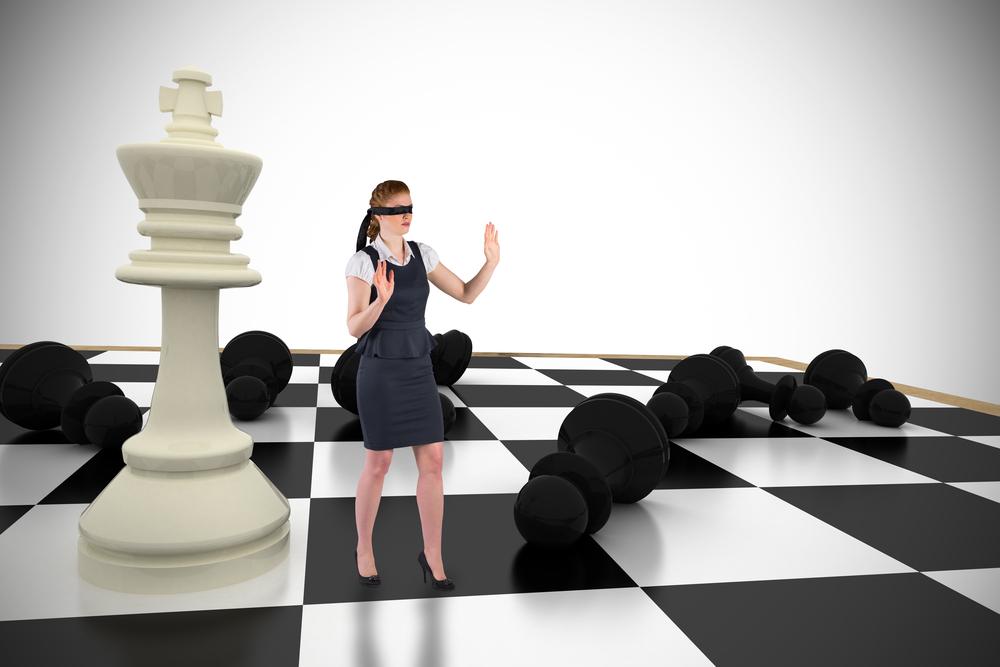
How Many Moves Can You See Ahead?
I recently told a friend that I had been playing a lot of chess. “How good are you?” she asked. I brightened, interpreting the question as an invitation for a game.
“No, I don’t play,” she waved me off. “I’m just curious. How many moves can you see ahead?”
“It depends on the situation,” I started to explain, but she cut me short with a sharp look. I could read the pity on her face. You’re not very good, it said.
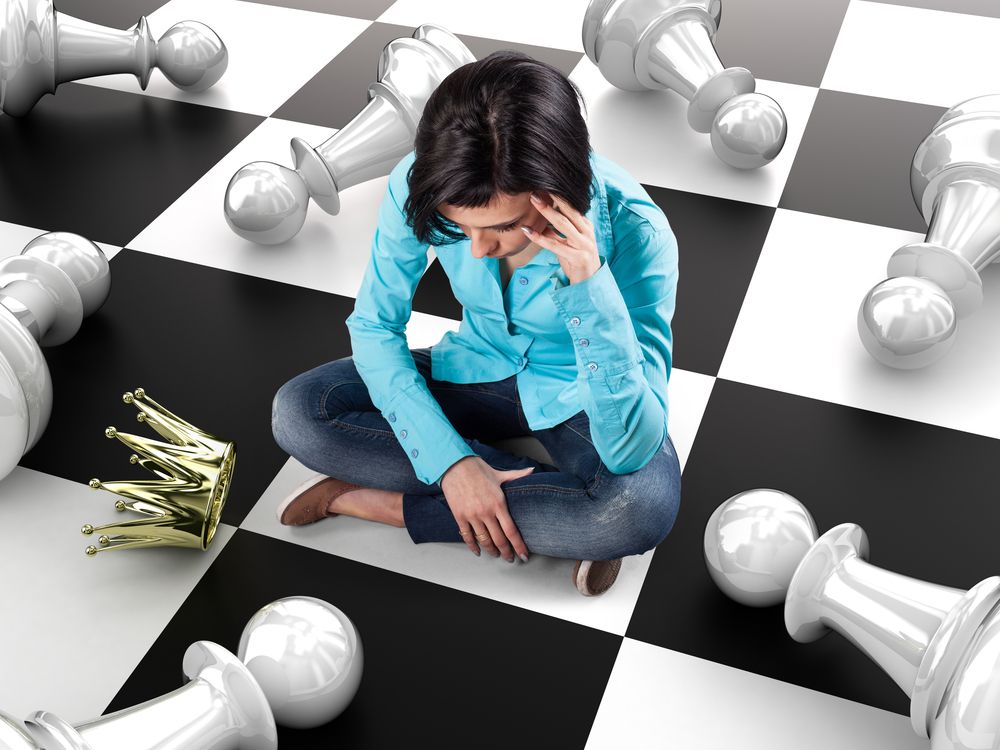
It’s true, I’m not very good -- but not for the reason she imagined. She wanted me to say four, or six, or 10. Not that I blame her. You hear it all the time: the mark of a chess player is that he can see a number of moves ahead. Usually, this statement is not made about people who are actually playing chess. As a game, chess may not have mainstream popularity, but as a metaphor, it is thriving. A good football coach is called a great chess player, because he's several moves ahead of his opponent. A successful military general is considered a grandmaster. “So-and-so is playing chess, while his adversary is playing only checkers,” goes one common cliché. Or, “The international landscape is a chessboard, and leaders need to be thinking seven moves ahead.”
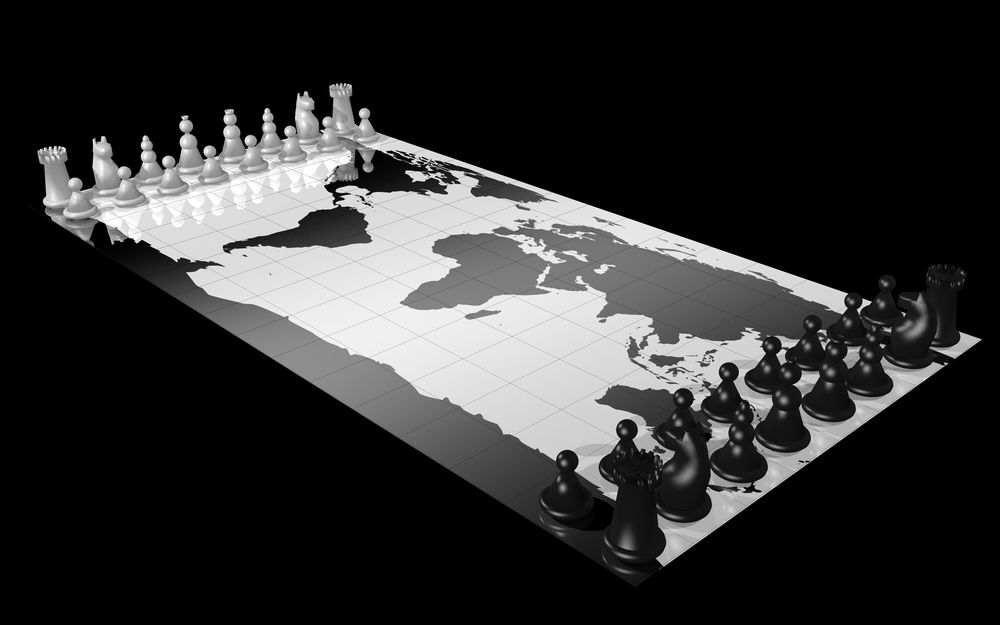
I heard that last one on the radio yesterday. Why seven? I wondered to myself. What if this particular geopolitical conflict is a mate in two?
It’s a disastrous, even dangerous, metaphor, for many reasons -- not least that chess is a game of strategy in which lying and luck play no part, while real-life conflicts tend to be bluff-filled, open-ended, chaotic, and chancy. And it mistakes how people play chess! It suggests that the measure of someone’s skill is how many moves he or she can calculate ahead in any given position. By this logic, someone who can see how the game will progress for six moves should be a better player than one who can see four, and a player who can see nine moves down the road is better than one who can predict six.
Before I started playing chess, I used this logic too. A grandmaster, I imagined, could see -- what, 10 moves ahead? Twenty? I had no idea, only that it must be impressive.
Of course, chess is a game of calculation. A computer can play with brute force, assessing hundreds of millions of moves per second.
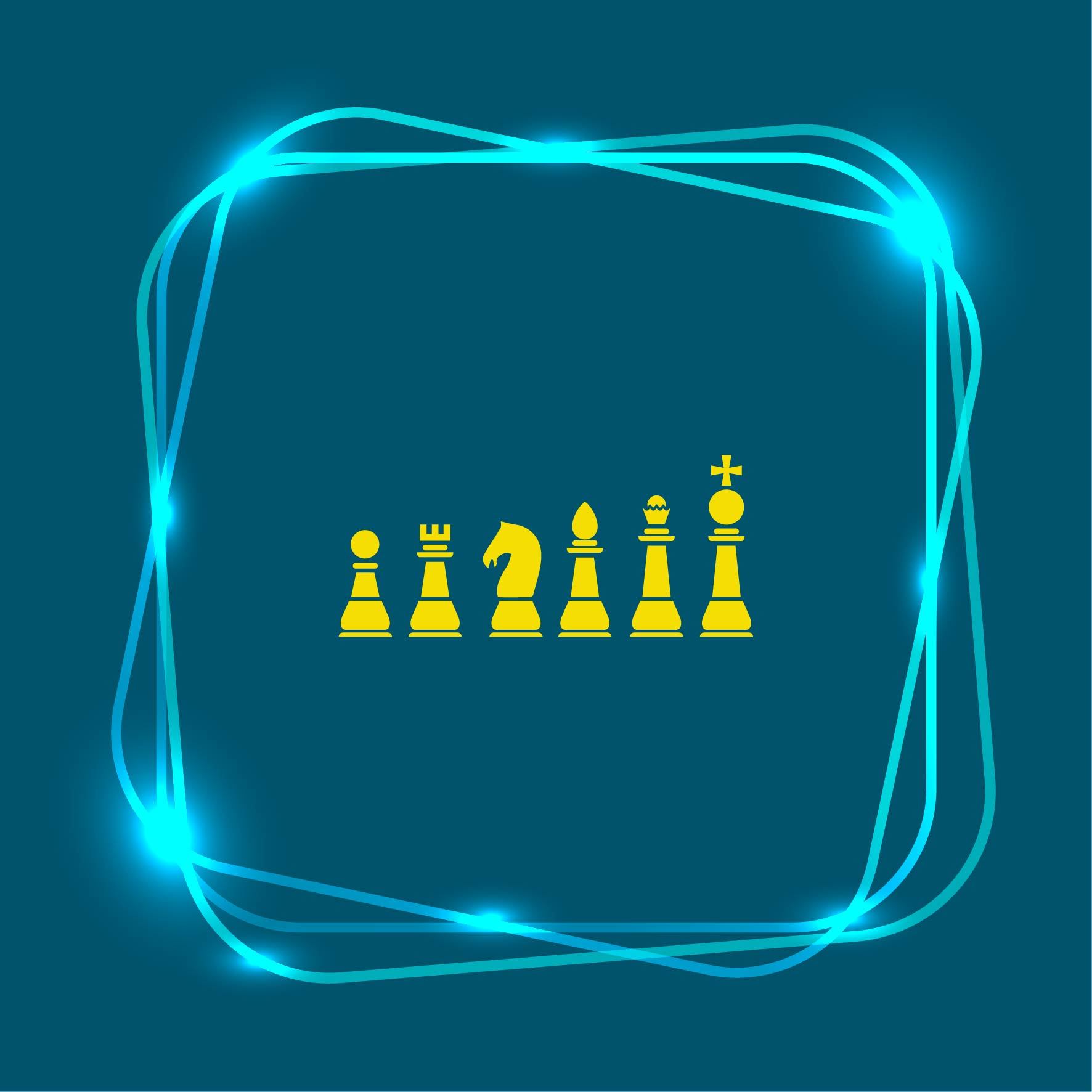
It can calculate the accumulation of even small advantages many moves deep. And calculation is the core of the human game, too. It’s breathtaking to watch a grandmaster convert even a small positional advantage into victory. Even an intermediate player can turn a single pawn into game-winning gold. Obviously, holding a pattern of moves in your head is an important skill, and the better players can do it best. But it is not the same as comprehensive analysis. It doesn’t help at all to see 11 moves ahead when there is a forcing line that will get you checkmated in 14.
One of the most fascinating challenges of chess, I’m slowly learning, is the dynamic between intuition and calculation. A long game begins with a short one. The more I play and the better I practice, the more easily I can recognize patterns and positions I’ve been in before. I am learning to anticipate forced moves – the only possible response, because every other move loses. (I want to tell my friend that I could follow a forcing line ahead for miles!) Great players, of course, often do this without consciously thinking. Masters have a mental database with tens of thousands of positions, built from years’ worth of experience -- and not only their own. They can glance at a position from another grandmaster’s game, know when it occurred, and know how it turned out.
They can immediately identify the tension on the board, spot the dangers, and recognize where the attacks are imminent. They know which weaknesses are produced by a pawn moves, which pieces are cooperating, which squares are good, which diagonals are dangerous. They can dance a knight around a board in a single glance.
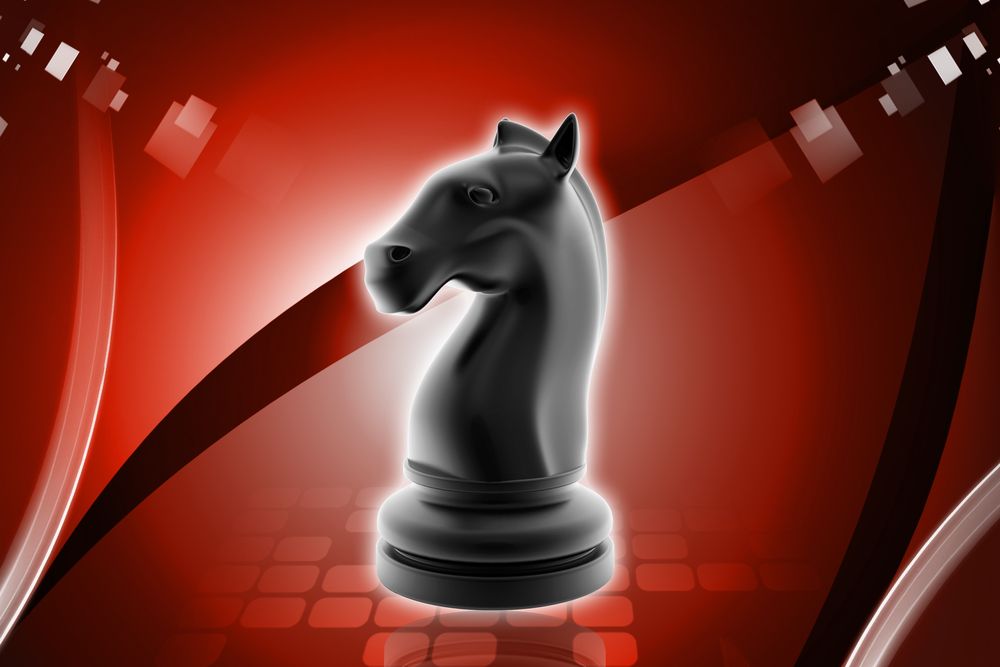
They don’t need to consider all of the possible legal moves and play them out. In fact, they couldn’t. There are hundreds of billions (and more) possible continuations. Their intuition and prior knowledge lets them quickly narrow down a list of candidate moves, and then the calculation goes from there. They maximize their own threats while minimizing their risk.
Me? Not so much. I can’t move on instinct, at least not without blundering away my queen. So lately, I have been working on being more methodical about my analysis. Instead of spotting a couple of moves that look promising, I’ve been working on expanding my list of candidates. Instead of predicting a couple of good responses, I’ve been trying to lengthen the lines in my head. I’ve learned too often that the trap is set long before it’s sprung. My goal is to build my intuition, but that will take time. The mental database that I am building takes frequent fixing; my memory is a faulty recorder. For now, I am working on having a plan that is both principled and flexible. I am, in fact, working on seeing ahead.
Even so, I want to tell my friend -- if only she would listen! -- sometimes I throw up my hands. You can see lines with a dozen excellent moves and still not know where you are. The other day, I was trying to figure out the best response to a particular position: a Catalan in which the black player takes the pawn on c4 and then fights to hold onto it with b5. I consulted one of the classic texts on the Catalan, by Boris Avrukh. He recommends a4, and then walks through the various best responses. One of the possible best lines goes on for 17 moves. When you play a4, you need to be prepared to face it.
And how does it end? “Finally we have reached a very complicated position, which would require extensive work to give a definitive evaluation, if it is even possible,” Avrukh writes. He believes that White is better -- but who knows? Sometimes you just have to play the game and see where it goes.
 Louisa Thomas is an American writer, author of two books (including Louisa: The Extraordinary Life of Mrs. Adams), a regular contributor to NewYorker.com, former writer and editor at Grantland.com, and "obsessed" with tennis and chess. You can follow her on Twitter.
Louisa Thomas is an American writer, author of two books (including Louisa: The Extraordinary Life of Mrs. Adams), a regular contributor to NewYorker.com, former writer and editor at Grantland.com, and "obsessed" with tennis and chess. You can follow her on Twitter.

